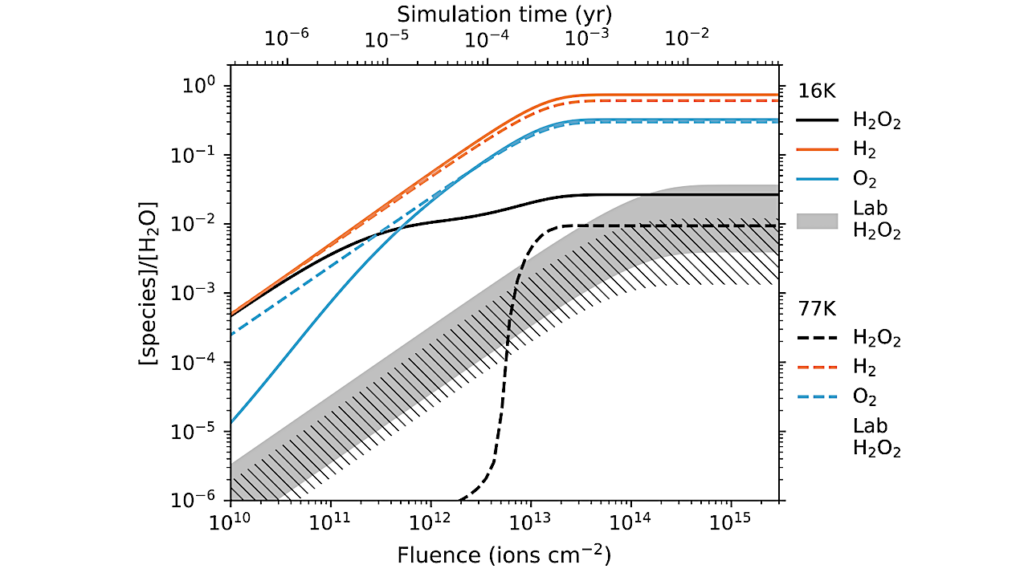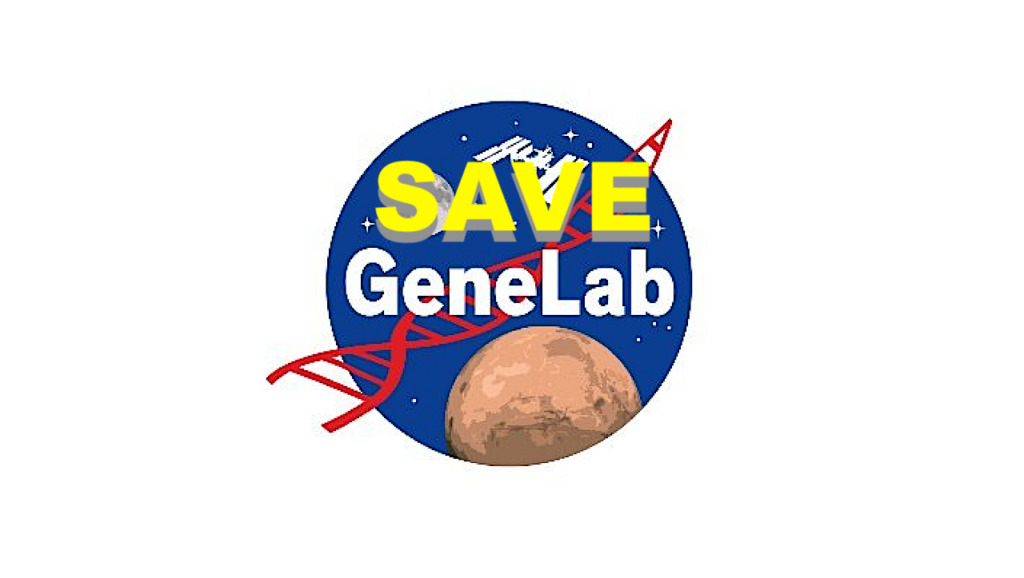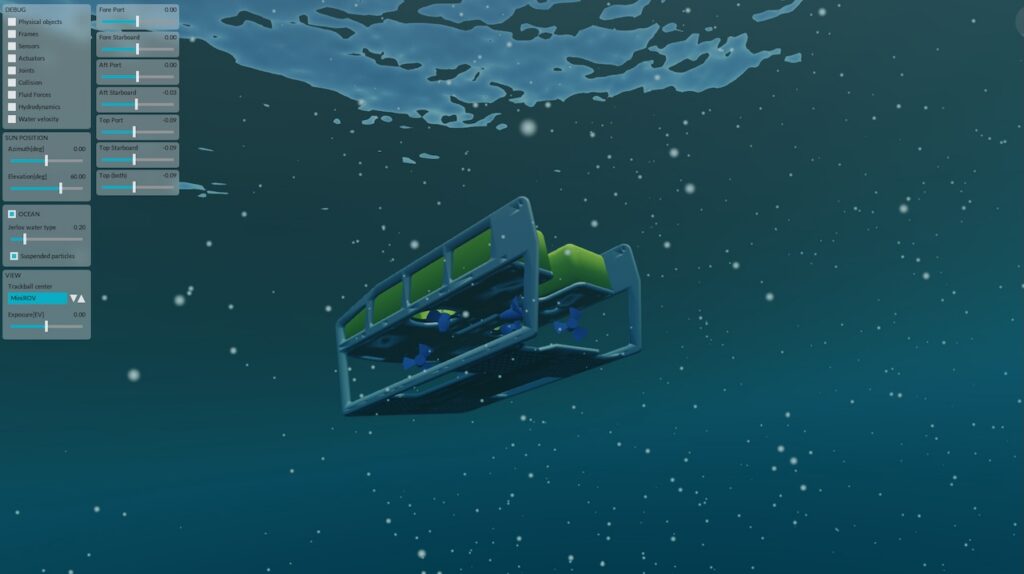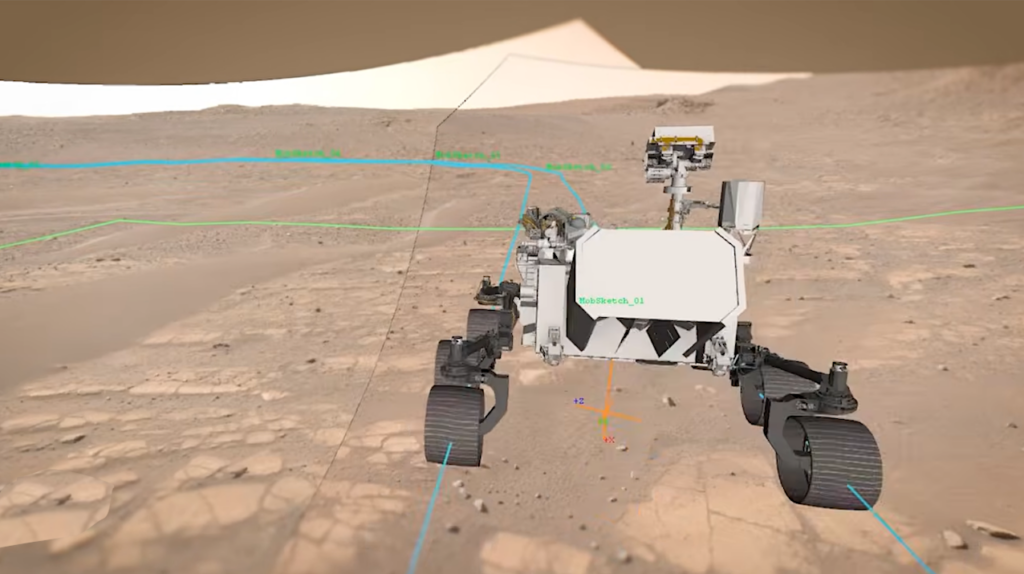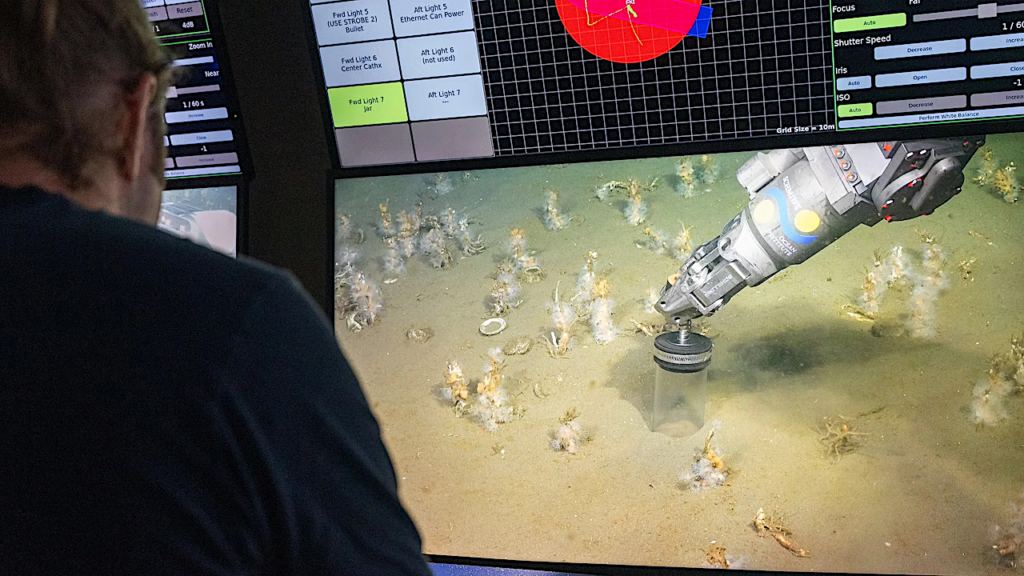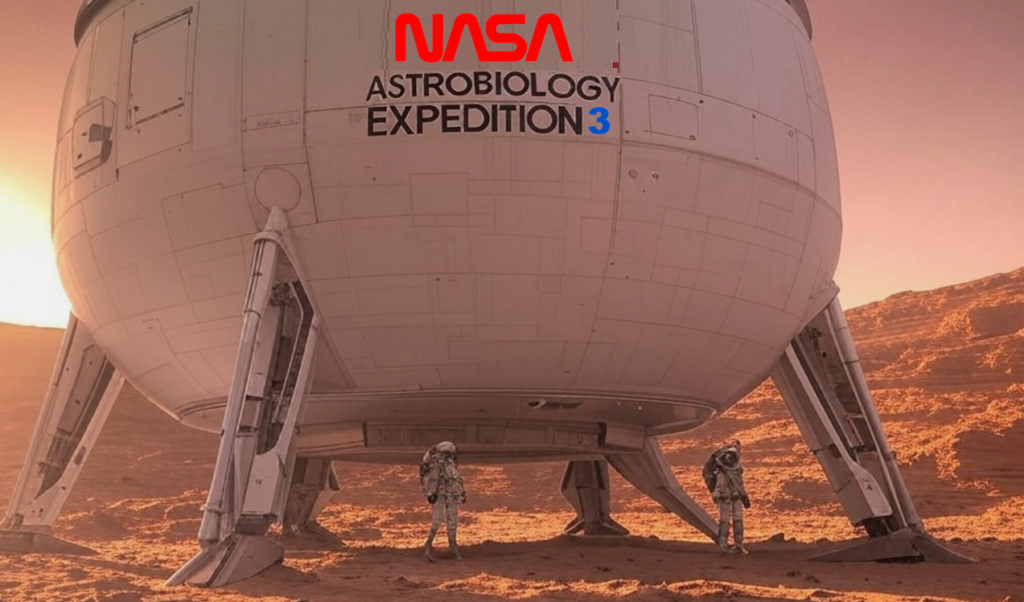NASA GeneLab Data: Inspiration4 Mission: Commercial Astronaut Data Now Available At NASA Open Science Data Repository OSDR

NASA GeneLab: The increased accessibility of commercial and private spaceflight travel has made it imperative to understand the short- and long-term effects of space stressors on human health.
The 2021 SpaceX Inspiration4 (I4) mission, which was a privately chartered spaceflight, was the first mission to be crewed by only civilian astronauts. The I4 mission collected a comprehensive atlas of both ‘omics and phenotypic biological measurements from the four civilian astronauts, featuring a large body of research led by Professor Christopher Mason from Weill Cornell Medicine, which now provides a wealth of data to characterize the effects of spaceflight on the human body.
Prior to this mission, the NASA Twin Study was the most in-depth multi-omics study, where a single astronaut was monitored over 340 days on the International Space Station. However, this study was limited to one astronaut and one ground control. Although the I4 mission lasted only three days, the mission provided a unique opportunity to study how spaceflight affects the human body by:
- Increasing the sample size of the omics profiles for the crews.
- Increasing the elevation of the mission (590 km) and thus more radiation risk.
- Collecting novel sample types (e.g. skin biopsies).
- Sampling earlier in the mission to discern the first signatures of spaceflight physiology.
Now with increased spaceflight travel from the commercial spaceflight sector, more biological samples can be taken to improve our understanding of how the space environment affects human health.
The NASA Open Science Data Repository (OSDR) provides access to open and FAIR (Findable, Accessible, Interoperable, Reusable) data from spaceflight and space-relevant biological studies from past decades. Most of the prior datasets in the OSDR were based on model organisms (e.g. rodents, worms, and flies) that provided insight to the stressors and hazards spaceflight has on human biology.
Now, for the first time, the OSDR hosts processed commercial astronaut data that are publicly available. In order to protect the privacy of the astronauts, processed data are publicly available, while private raw data, including genetic sequence data, will require an application process with a board approval to gain access.
This comprehensive study includes whole blood and urine samples, microbial swabs from the crew and the spacecraft cabin, which were collected at different timepoints before, during, and after spaceflight.
The open access of these datasets in the NASA OSDR provides a unique opportunity for the scientific community, as well as citizen scientists and students, to continue using OSDR resources to further unlock profound insights into the consequences of space travel on the human body. These datasets are now available so come check them out!
More information – data, samples etc.
Astrobiology


